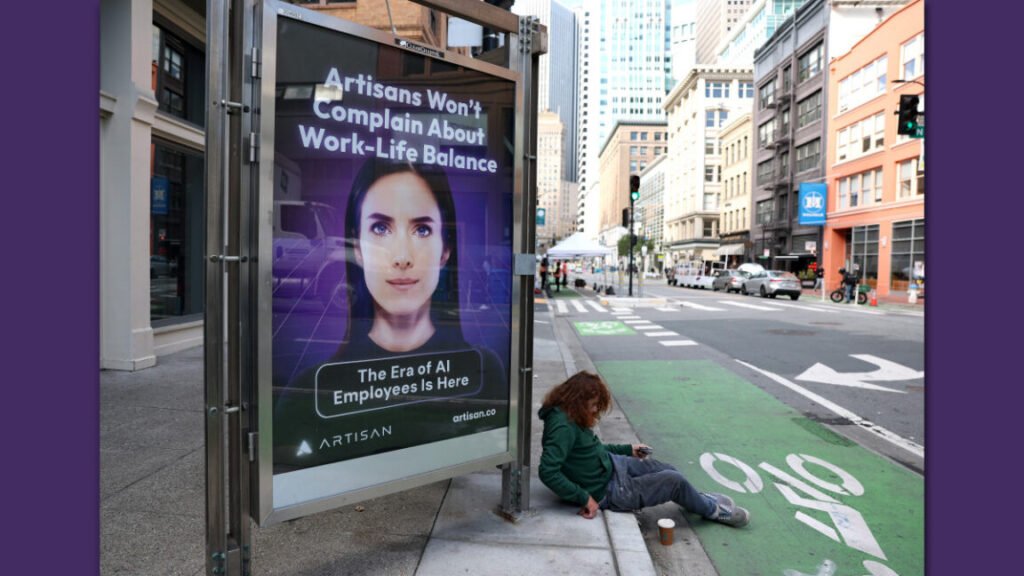In his Understanding AI newsletter, Ars contributor Timothy Lee lays out how SB-1047’s language could severely hamper the spread of so-called “open weight” AI models. That’s because the bill would make model creators liable for “derivative” models built off of their original training.
“Like other frontier AI developers, Meta has trained its Llama models to refuse requests to assist with cyberattacks, scams, bomb-making, and other harms,” Lee writes. “But Meta probably can’t stop someone else from downloading one of its models and fine-tuning it to disable these restrictions.”
Meta’s Yann LeCun highlighted that very risk, writing on social media that “the ignominious California regulation SB1047… would essentially kill open source AI and significantly slow down or stop AI innovation.”
Rather than focusing on fanciful existential risks, some AI experts argue that more effective AI safety regulations should focus on specific harmful uses of AI that exist today. Andrew Ng, former Google Brain founder, Stanford computer science professor, and a prominent figure in the AI community, wrote in a detailed social media post earlier this month that the bill “makes a fundamental mistake of regulating AI technology instead of AI applications, and thus would fail to make AI meaningfully safer.”
“The ignominious California regulation SB1047… would essentially kill open source AI and significantly slow down or stop AI innovation.”
Meta’s Yann LeCun
In his post, Ng suggested alternative regulatory approaches that he believes would be more effective, such as “outlawing nonconsensual deepfake pornography, standardizing watermarking and fingerprinting to identify generated content, and investing more in red teaming and other safety research.”
Jeffries echoes this sentiment, arguing that “we need to scrap the bill entirely and focus on regulating AI use cases, not research and development. Focus on reining in mass surveillance with AI or raising penalties for cloning your mother’s voice and scamming you out of $5,000.”
With federal efforts to regulate AI largely stalled, state-level initiatives like SB-1047 have taken on added significance. How California navigates this complex issue could set a precedent for future AI regulation efforts, making the stakes of this debate particularly high for all involved.
As the bill undergoes further deliberation on its way to a final vote, the AI industry remains divided. The outcome of this legislative battle in California could have far-reaching implications for AI regulation not just in the state but potentially across the country and beyond.




